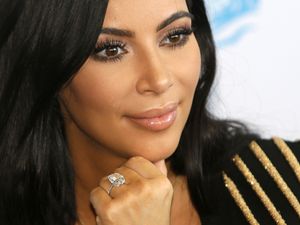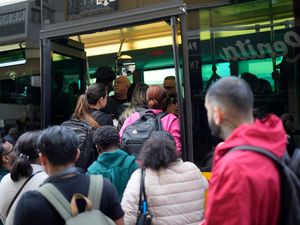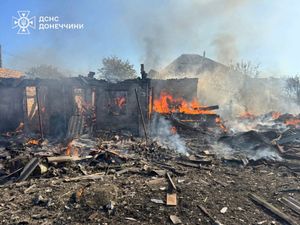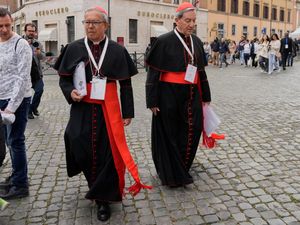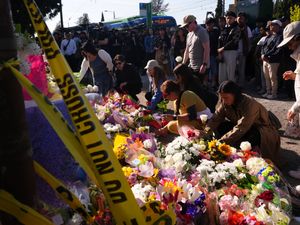G7 summit opens with deal to use frozen Russian assets for Ukraine
The G7 comprises Canada, France, Germany, Italy, Japan, the United Kingdom and the United States.
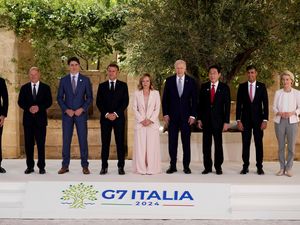
The G7 summit in Italy opened on Thursday with agreement reached on a US proposal to back a 50 billion dollar (£39 billion) loan to Ukraine using frozen Russian assets as collateral, giving Kyiv a strong show of support even as Europe’s political chessboard shifts to the right.
US President Joe Biden said the agreement to tap into the windfall profits on some 280 billion dollars (£219 billion) in frozen Russian assets held in Europe would put that money to work for Ukraine.
“Another reminder to (Vladimir) Putin: We’re not backing down. In fact, we’re standing together against this illegal aggression,” Mr Biden said at an evening news conference, with Ukrainian President Volodymyr Zelensky by his side.
The agreement was hashed out hours before Italian Premier Giorgia Meloni opened the summit at a luxury resort in southern Italy, saying she wanted the message of the meeting to be one of dialogue with the global south and unity.
She likened the G7 to the ancient olive trees that are a symbol of the Puglia region, “with their solid roots, and branches projected toward the future”.
Beyond the war in Ukraine, Pope Francis will become the first pontiff to address a G7 summit, adding a dash of celebrity and moral authority to the annual gathering.
He will be speaking on Friday about the promises and perils of artificial intelligence, but is expected to also renew his appeal for a peaceful end to Russia’s full-scale invasion of Ukraine and the Israel-Hamas war in Gaza.
The G7 comprises Canada, France, Germany, Italy, Japan, the United Kingdom and the United States.
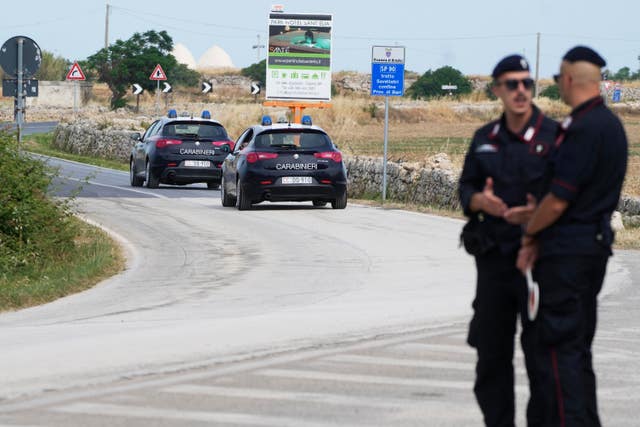
Italy, which is hosting the summit, has invited several African leaders – Algerian President Abdelmadjid Tebboune, Kenyan President William Ruto and Tunisian President Kais Saied – to press Italy’s development and migration initiatives on the continent.
Other guests include Brazilian President Luiz Inacio Lula da Silva, Indian Prime Minister Narendra Modi, fresh off his own election, and Turkish President Recep Tayyip Erdogan.
With Mr Biden, UK Prime Minister Rishi Sunak and now French President Emmanuel Macron facing elections in the coming months, pressure is on the G7 to get done what it can while the status quo lasts.
The US proposal involves engineering a 50 billion dollar (£39 billion) loan to help Ukraine in its fight against Russia which would use interest earned on profits from Russia’s frozen central bank assets, most of them held in the European Union, as collateral.
A French official, briefing reporters on Wednesday, said a political decision by the leaders has been reached but that technical and legal details of the mechanism to tap into the assets still have to be worked out.
The issue is complicated because if the Russian assets are eventually unfrozen – for example, if the war ends – then the windfall profits will no longer be able to be used to pay off the loan, requiring a burden-sharing arrangement with other countries.
Mr Zelensky listed the asset deal as one of many arrangements he hoped to see finalised during the summit, including the bilateral security agreement with the US.
“I am grateful to our partners for their belief in us and our victory,” he said in a post on social media platform X, formerly Twitter.
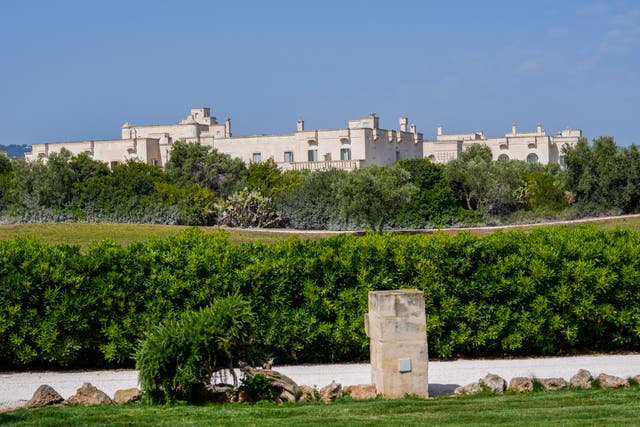
In addition to the deal, Mr Sunak announced up to £242 million (310 million dollars) in non-military aid to Ukraine for humanitarian, energy and stabilization needs.
Washington also sent strong signals of support, with widened sanctions against Russia to target Chinese companies that are helping its war machine.
Italian Premier Giorgia Meloni goes into the meeting fortified at home and abroad after her far-right party had an even stronger showing in the European Parliament election than the national general election in 2022 that made her Italy’s first female premier.
Known for its revolving-door governments, Italy is now in the unusual position of being the most stable power in the EU.
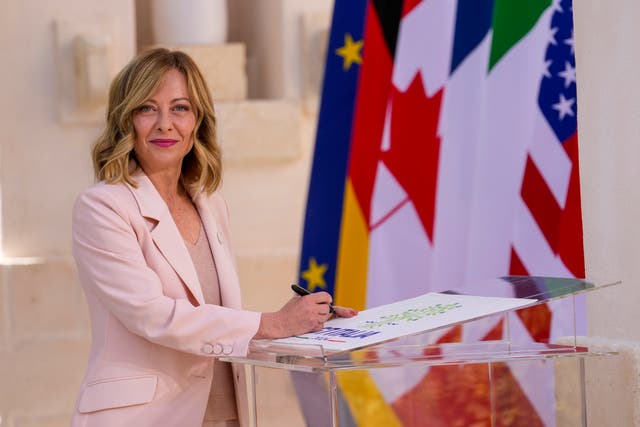
The leaders of the G7’s two other EU members, Germany and France, did not fare nearly as well, rattled after hard-right parties made strong showings in the vote.
Mr Macron called a snap election and German Chancellor Olaf Scholz saw his Social Democrats finish behind mainstream conservatives and the far-right Alternative for Germany.
As a result, Ms Meloni is likely to be able to steer the three-day meeting to her key priority items as she further cements her role on the world stage, analysts said.
In one sign of her flexed far-right muscles, Ms Meloni’s office denied media reports that Italy is trying to water down language about access to abortion in the final communique.
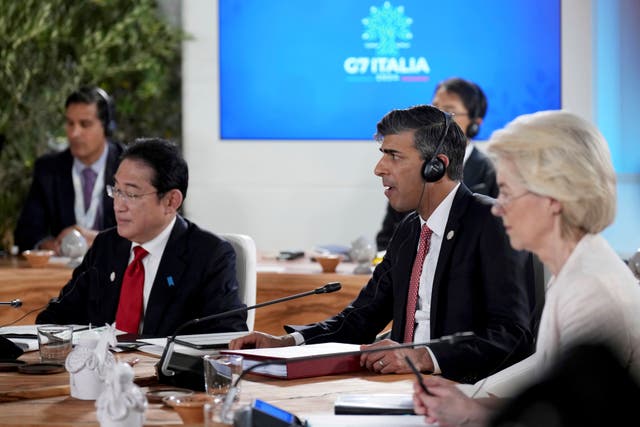
A French official said there are diverging views with Italian negotiators on some topics, including on sexual and reproductive health and vaccines.
Italian Foreign Minister Antonio Tajani confirmed abortion is being discussed, but said talks are continuing.
Nick O’Connell, deputy director of the Atlantic Council, said: “While it’s unlikely the recent results will radically shift the focus of the upcoming G7 summit, this electoral win offers Premier Meloni additional leverage to frame this as an essentially ‘Mediterranean Summit.”
That includes pushing her migration agenda as she seeks to leverage her programme for a non-exploitative relationship with Africa to boost development while curbing illegal migration to Europe.

